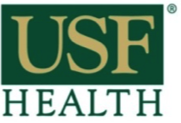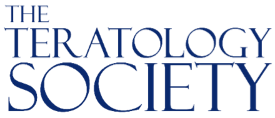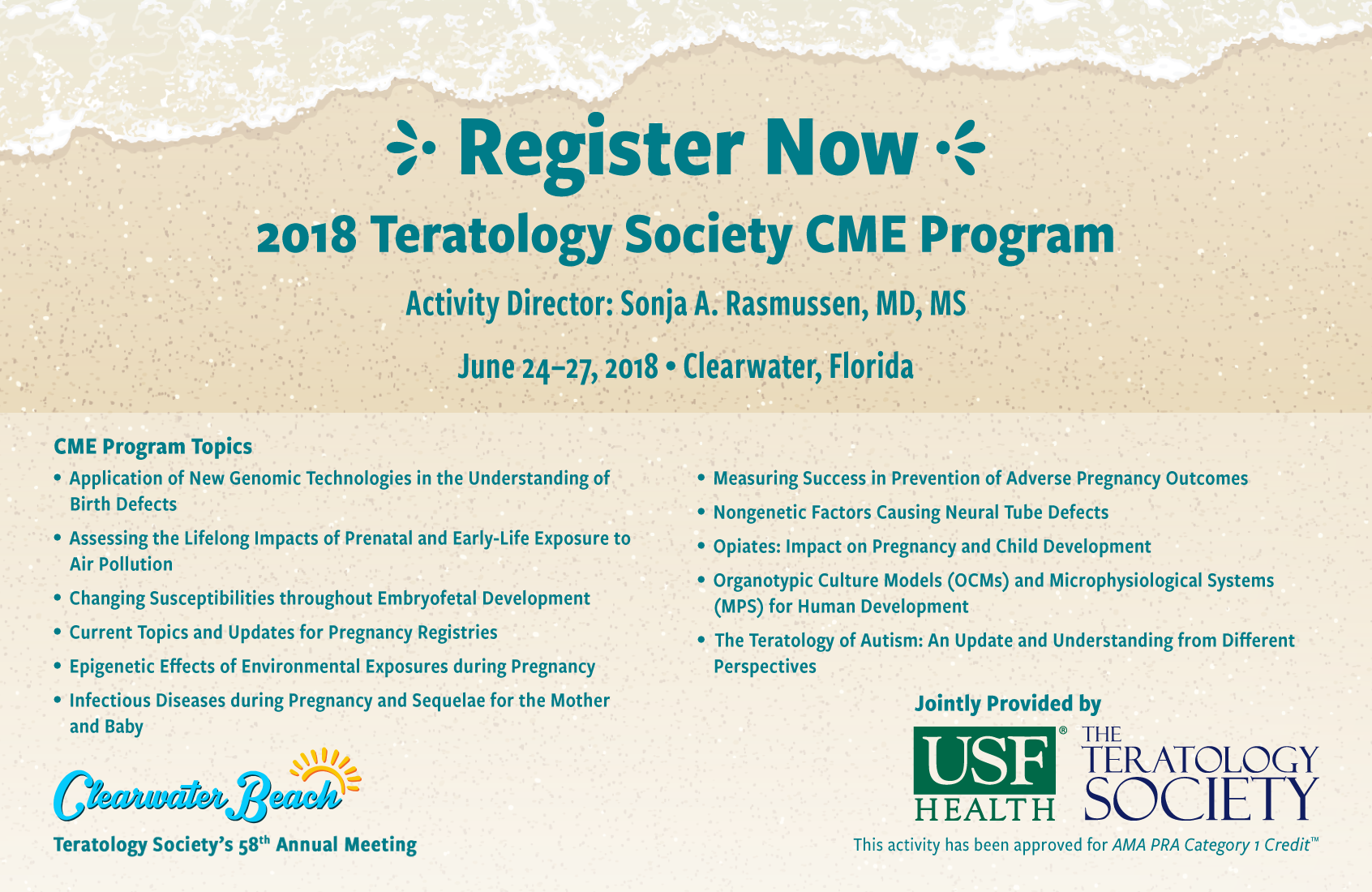Program
Continuing Medical Education
Jointly Provided by


2018 Society for Birth Defects Research and Prevention CME Program
Hilton Clearwater Beach Resort
400 Mandalay Avenue
Clearwater, Florida 33767
Saturday, June 23 – Wednesday, June 27, 2018
Program Description:
Birth defects and reproductive and developmentally-mediated disorders constitute a major public health concern in the world today. Human development can be affected not only by drugs and chemicals but also by diet, genetics, maternal health, and socioeconomic factors. The Society for Birth Defects Research and Prevention strives to understand and protect against potential hazards to developing embryos, fetuses, children, and adults by bringing together scientific knowledge from diverse fields. The Society for Birth Defects Research and Prevention CME Program is a four-day CME program offering information on new approaches for the treatment of birth defects.
Target Audience:
Family Practitioners, Geneticists, Neonatologists, Neurologists, Obstetrician Gynecologists, Ophthalmologists, Pediatricians, Pharmacists
Learning Objectives:
At the conclusion of the 2018 Society for Birth Defects Research and Prevention CME Program, participants will be able to:
- Recognize embryology and morphological development of the central nervous system (CNS) in human and animals from prenatal to adolescent periods
- Discuss the available methodology on assessment of the CNS functions
- Recognize the species differences in the CNS development and its vulnerability to disruption leading to adverse outcomes
- Describe how clinical evaluation can be performed using imaging, connectomics and behavioral testing, and management of developmental CNS effects
- Explain the development and function of placenta in human, with a comparison of these processes between species commonly used in preclinical studies
- Identify the major air pollutants associated with developmental toxicity, their primary health effects, potential mechanisms of action, and define factors associated with increased susceptibility.
- Describe recent developments in the identification of genetic causes of human birth defects and how improved genomic technology and analysis are allowing us to discover additional pathogenic mechanisms
- Discuss clinical lactation studies and how data acquired can be used to determine potential risk to the nursing infant or child
- Recognize the risk some common infection agents pose to the pregnant mother and her baby and discuss the approach used to ensure availability of safe and efficacious treatment options
- Describe use of opioid drugs and opioid epidemic, particularly in children/teenager and pregnant women
- List treatment options for opioid overdose, opioid use disorder, and neonatal opioid withdrawal syndrome
- Discuss nonclinical assessment of the effects of opioids on development; Explain science underlying the opioid neurodevelopmental effects
- Describe the embryonic basis, underlying mechanisms, and causes of neural tube defects (genetic and nongenetic factors)
- List phenotypes of valproic acid or fumonisin-induced neural tube defects in humans and animal models
- Discuss how an organism that does not have a neural tube can be important in delineating how a chemical can induce neural tube defects and why the detection of an epigenetic pathway is merely the first step in detecting a mechanism
- Discuss the challenges involved in developing and implementing integrated test methods and strategies that are shifting the historic reliance on in vivo testing to the application of innovative alternative assays and approaches for developmental and reproductive toxicity risk assessment, both in the US and Europe
- Describe interventions that have been shown to be effective in preventing premature delivery or birth defects and discuss how such efforts can be broadened and enhanced in the future
- Develop an understanding of how nonclinical models were able to inform the clinical development of neonatal abstinence syndrome and critically apply this knowledge to other key neonatal diseases
- State how 3D in vitro assays can be synthetically engineered from human cells and biological matrices to generate cutting-edge research platforms.
Course Competencies:
- Patient Care and Procedural Skills
- Medical / Pharmacotherapy Knowledge
- Interpersonal & Communication Skills
- Professionalism
- Systems-based Practice
Activity Director:
Sonja A. Rasmussen, MD, MS
Editor-in-Chief, Morbidity and Mortality weekly (MMWR)
Director, Office of Infectious Diseases
Centers for Disease Control and Prevention
CME Program Registration Form:
Download, complete, and submit along with your payment and Annual Meeting registration:
2018 Society for Birth Defects Research and Prevention CME Program Registration Form.pdf
CME Registration Fees:
Registration for the 2018 Society for Birth Defects Research and Prevention CME Programis $35 and is open to all registrants of the Society for Birth Defects Research and Prevention 2018 Annual Meeting. Contact bdrp@birthdefectsresearch.org for more information about registering for the 2018 Society for Birth Defects Research and Prevention CME Program.
CME Registration Fees include participation in the CME Program and CME Certificate upon completion of required survey.
Cancellations must be requested in writing via fax to 703.438.3113 or e-mail to bdrp@birthdefectsresearch.org, and received by May 15, 2018 in order to receive a refund. There are no refunds for no-shows or for cancellations received after May 15, 2018.
Completion Requirements:
- Sign-in at registration table
- Attend live sessions
- Complete the online activity evaluation
- Attest online to your participation
Accreditation:

Physicians
USF Health is accredited by the Accreditation Council for Continuing Medical Education (ACCME) to provide continuing medical education for physicians.
USF Health designates this live activity for a maximum of 15.50 AMA PRA Category 1 Credits™. Physicians should claim only the credit commensurate with the extent of their participation in the activity.
Physician Assistants
AAPA accepts certificates of participation for educational activities certified for AMA PRA Category 1 Credit™ from ACCME accredited providers. Physician Assistants who participate will receive a certificate of completion commensurate with the extent of their participation.
Nurse Practitioners
AANPCP accepts certificates of participation for educational activities certified for AMA PRA Category 1 Credit™ from ACCME accredited providers. Nurse Practitioners who participate will receive a certificate of completion commensurate with the extent of their participation.
Commercial Support:
At this time, there has not been any commercial support received for this activity.
Disclosure:
USF Health adheres to ACCME Standards regarding commercial support of continuing medical education. It is the policy of USF Health that the faculty and planning committee disclose real or apparent conflicts of interest relating to the topics of this educational activity, that relevant conflict(s) of interest are resolved, and also that speakers will disclose any unlabeled/unapproved use of drug(s) or device(s) during their presentation(s). Detailed disclosure will be made in the course syllabus.
Disclaimer Statement:
The information provided at this CME/CE activity is for continuing education purposes only and is not meant to substitute for the independent medical/clinical judgment of a healthcare provider relative to diagnostic and treatment options of a specific patient’s medical condition.
USF is an Equal Opportunity / Affirmative Action / Equal Access Institution. For disability accommodations, contact Amy Wills at awillis@birthdefectsresearch.org, no later than May 30, 2018.
Contact Information:
If you have activity or credit questions or concerns, please contact Becca Isakower at 703.438.3104 or bisakower@birthdefectsresearch.org.

